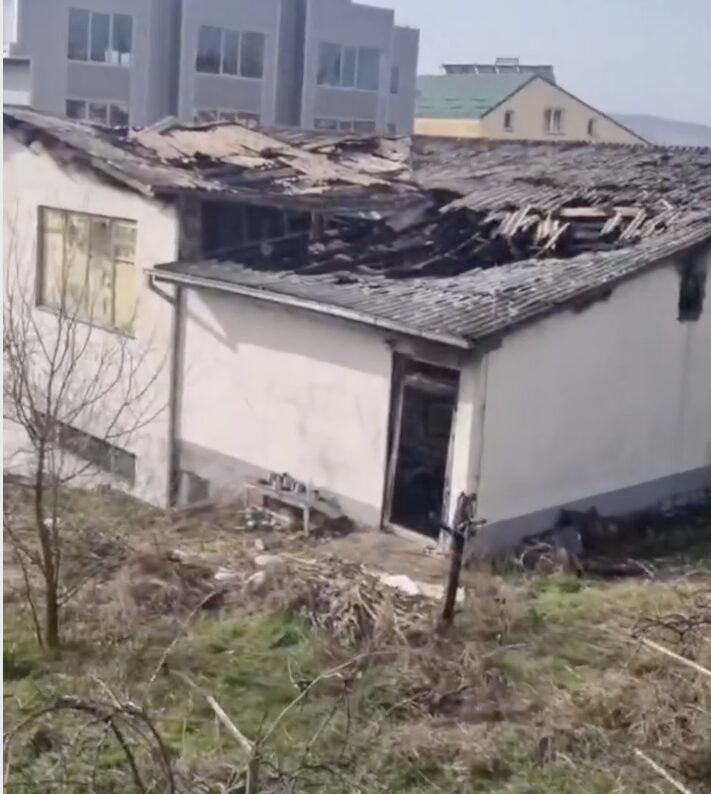A fire at a nightclub in the town of Kochani has claimed the lives of 59 young people, with more than 140 injured receiving treatment both domestically and abroad, authorities said on Monday.
Preliminary investigations revealed that the nightclub lacked a hydrant system and sufficient fire extinguishers. Pyrotechnic materials were used illegally, the venue had no legal operating license, and there was no written agreement between the event organizer and the performing group.
More than 20 people have been questioned so far, and prosecutors have launched investigations into 11 individuals. Of those, eight have been remanded in custody, while the remaining three are still hospitalized in serious condition.
Prime Minister Hristijan Mickoski called for unity at a press conference, announcing measures aimed at “resetting the system” and launching a nationwide inspection of hospitality venues. When asked about resigning, Mickoski stated he would not step down “until the corrupt system is defeated,” adding that his credibility would be judged in the next elections.
Mickoski confirmed that North Macedonia would not declare a state of emergency or involve international experts in the investigation at this stage. However, several countries have provided medical assistance. Forty-seven victims have been transferred to hospitals in Bulgaria, Greece, Serbia, and Turkey. Croatia, Austria, and the Netherlands have also offered support.
Public Prosecutor Ljupcho Kocevski said investigators had interviewed over 20 people, including one of the event organizers. Former Economy Minister Kreshnik Bekteshi was also questioned.
“This is a highly complex case with many aspects that require investigation,” Kocevski said, outlining ongoing actions such as victim autopsies, the seizure of surveillance footage, and the arrest of anyone whose actions or negligence contributed to the tragedy.
Interior Minister Pance Toshkovski reported that some suspects had died, while others were in hospital. Four people are currently under police guard, including two band members, the club owner’s son, and the venue’s manager.
“Several detainees have been directly implicated, according to the evidence gathered so far,” Toshkovski said, adding that a former state secretary at the Economy Ministry, a former head of an economic sector, a former director of the Protection and Rescue Directorate, and three Directorate employees had also been detained.
The nightclub operated without a legal license, Toshkovski confirmed, adding that the case involved “bribery and corruption.”
“Those responsible for the illegal issuance of licenses will face justice,” he said.
Ana Chupeska, vice president of the opposition Social Democratic Union of Macedonia (SDSM), called for Toshkovski’s resignation and demanded an independent investigation.
“The ease with which the minister dismissed responsibility is appalling,” Chupeska said, accusing him of politicizing the tragedy while failing to prevent it.
Sasho Klekovski, director of the Health Insurance Fund, reported that 90 injured victims remain in North Macedonia, while 44 have been transferred abroad: 17 to Serbia, 14 to Bulgaria, nine to Turkey, and four to Greece. Additional transfers to Croatia, Romania, Slovenia, Hungary, and Austria are being arranged.
A crisis headquarters has been set up at the Clinical Center in Skopje, coordinating efforts with the Interior and Foreign Ministries. Professor Igor Nikolov has been appointed as the contact person for families of those treated abroad.
In memory of the victims, North Macedonia has declared seven days of national mourning. Flags will fly at half-mast across the country.



